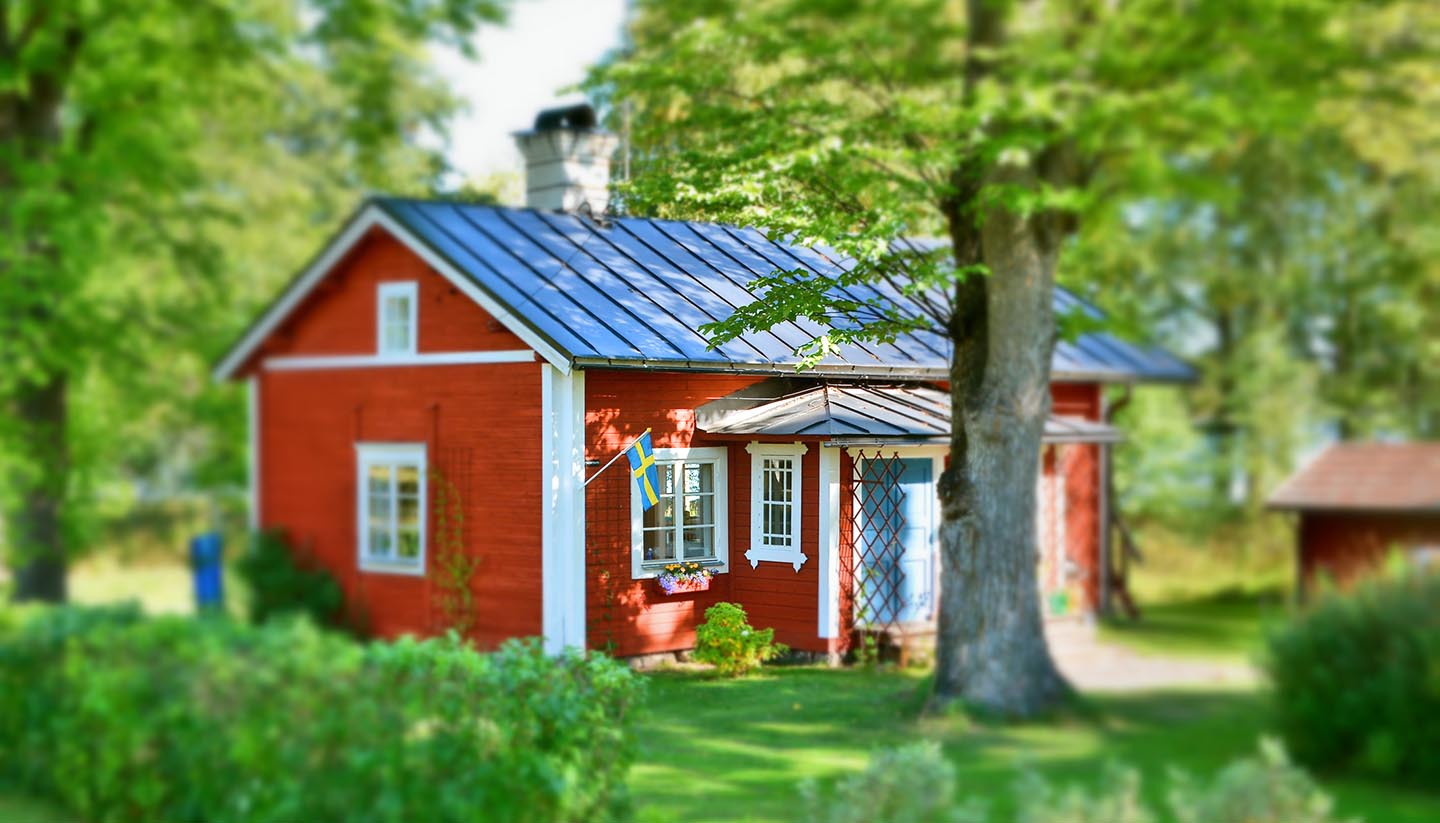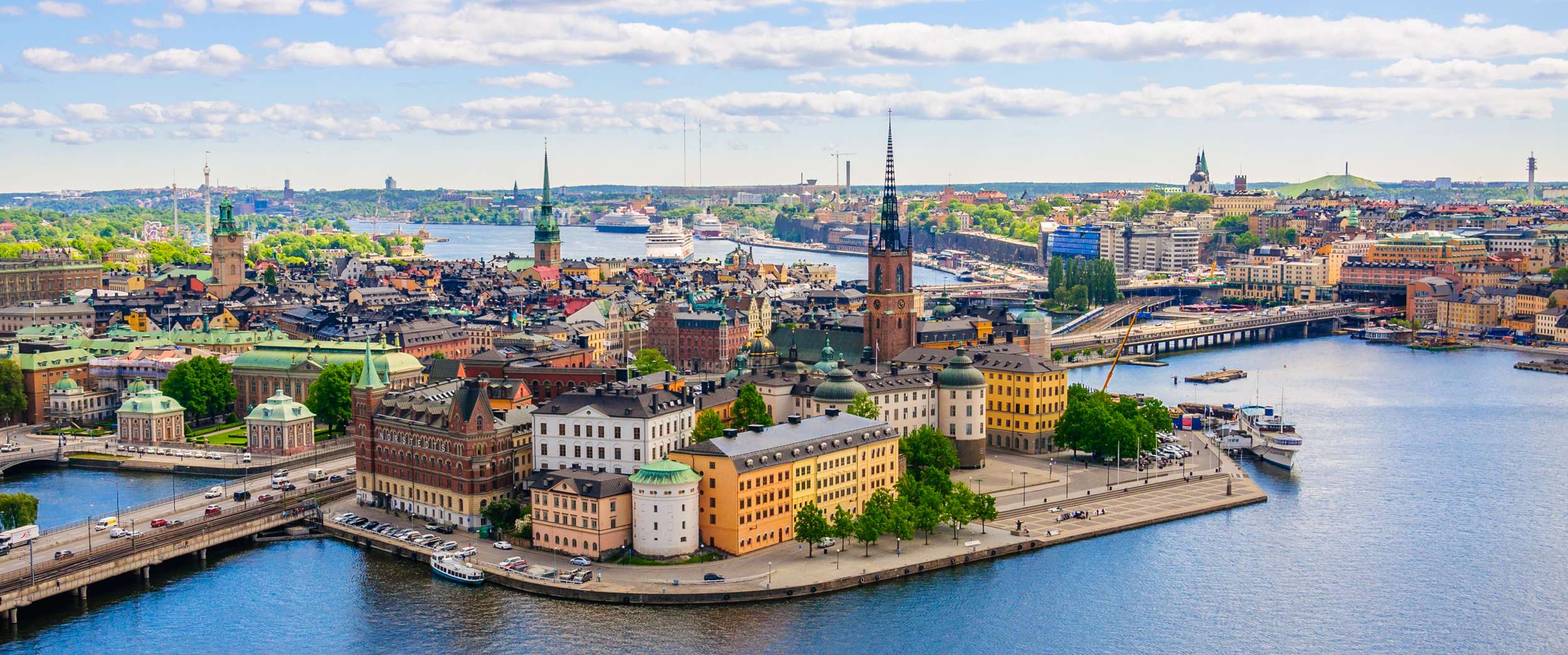Sweden Health Care and Vaccinations
| Title | Special precautions |
|---|---|
| Diphtheria | No |
| Hepatitis A | No |
| Malaria | No |
| Rabies | No |
| Tetanus | Yes |
| Typhoid | No |
| Yellow Fever | No |
Health Care
Travel insurance is advised for all visitors. In some medical cases, if you are European, you might be able to receive free treatment if you can show proof of a valid European Health Insurance Card (EHIC) obtained in your country of origin.
The overall standards of healthcare in Sweden are excellent. Hospitals and surgeries are well equipped and staff are proficient. In pharmacies, over-the-counter advice is given and standard medicines are sold.
Food and Drink
Food in Sweden is safe to eat although care should be taken when purchasing food from roadside stalls. In most cases, Swedish food tends to be safer than that produced in other countries, thanks to the Swedish National Food Administration’s tough rules on pesticides and additives. Sweden also enforces tough rules on misleading food marketing claims, which means – provided you can translate the Swedish text – that you shouldn’t get any nasty surprises when picking up food in supermarkets. Tap water is also safe, although drinking from streams, lakes and rivers – however clean they look – isn’t recommended as even the most inviting-looking water can harbour parasites. Water that has been boiled or treated with iodine or chlorine tablets is usually safe to drink.
Other Risks
The World Health Organisation recommends vaccination for tick-borne encephalitis regardless of the destination. If you intend to participate in winter sports, make sure your travel insurance policy covers it as many will refuse to pay out should you take ‘unnecessary risks’ – under which heading come many of the country’s most popular winter sports; skiing and snowboarding included. While Sweden’s mild summers pose little risk for outdoor adventure enthusiasts, its arctic winters are a different story. With temperatures regularly dipping below zero (to as low as -30ºC/-22ºF in northern regions), care needs to be taken when participating in outdoor sports during the colder months. Extra layers, including thick woollen hats and gloves, are essential and it’s also worth carrying a small supply of food and fluids should you get into trouble.



